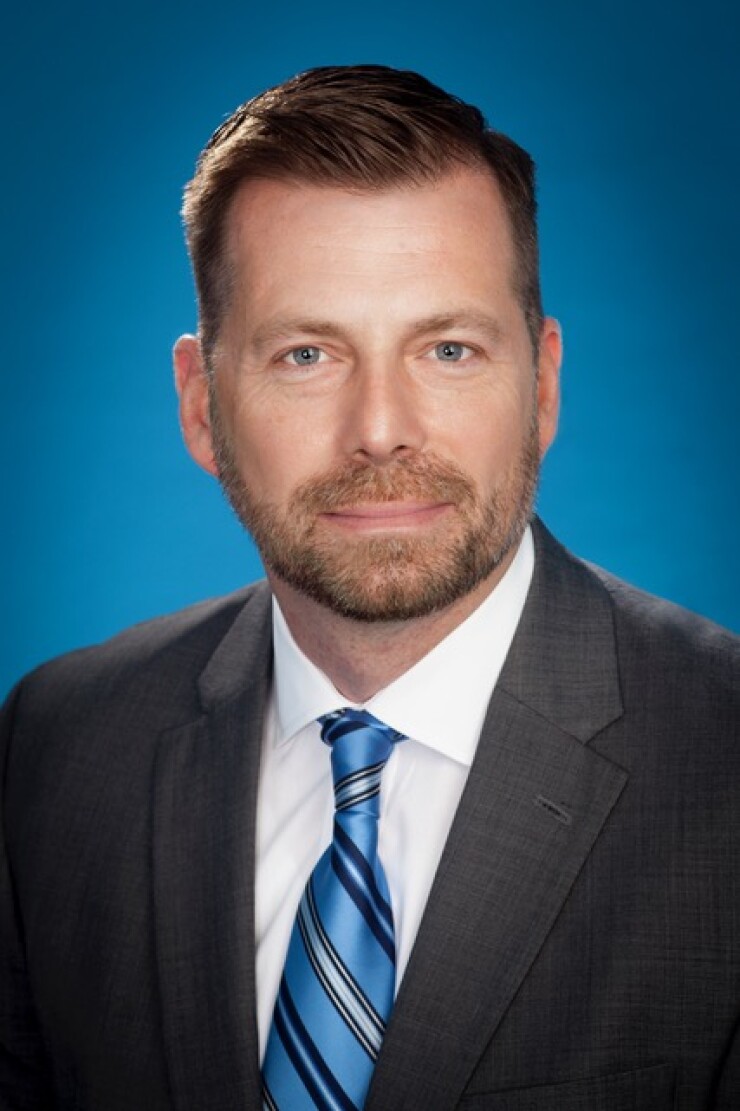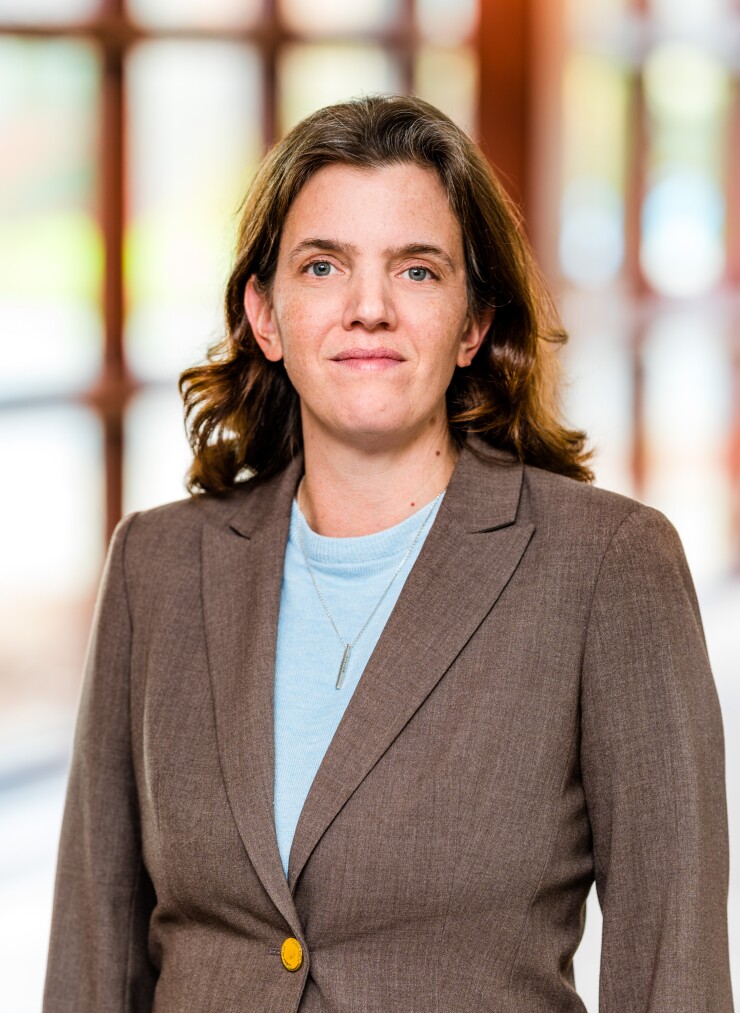[
Digital Insurance's Grace Crane met with Selective's vice president of Customer Experience (CX) and Mobility,
Digital Insurance: How do you actually define success within the customer experience, and how is that success then measured?

Jim McKeown: Defining customer success isn't a perfect science. It's more of an art. We use key performance indicators and a lot of data from our Voice of the Customer Program to better understand exactly what our customers are saying. But how do we apply that to our business outcomes? It's a real balance between understanding what a good CX metric is and what a good business outcome is, and then making sure we understand that balance that we're trying to achieve. And that's the art and the portrait we're trying to paint when it comes to defining success."
Digital Insurance: When you conduct market research, what are the significant kinds of channels you prioritize? What are the technologies that you research or actually use?

Amy Cusack: We consider our customers to be a key component in innovation, and we involve them very early on. When we have a conceptual idea that we're ready to put in front of customers, we typically utilize quantitative research. To answer the question, might we have something, and then after we brought the concept to a pretty good spot where we have a solid design, then we use qualitative research. We take their feedback and we adjust their design, we effectively engage customers in the design themselves. And we found it to be really effective in this earlier stage of innovation. It's a really key component of supporting our more customer-centric approach.
Jim McKeown: We have a very robust Voice of the Customer program that looks at many different angles and listening posts across the organization and across all of our customer touch points, to know exactly what they want. There are two metrics that are recent deployments for us: customer effort score and net emotional value. So if we understand that a customer likes to use our MySelective mobile app – to pay a bill let's say – and when they're done, the value is very high and they take a survey and they put their emotional score and they say it's a nine out of 10. But the ones who ask them how much effort does it take and they may say it was also a nine, it took a lot of effort, but I'm really happy with the outcome. We then use that information to say we have a great product, but it's too hard. Maybe there's too many clicks if it takes too long to go through that bill-pay process. So by looking at things like that, and that's just one example, helps us drive towards a great product offering.
Digital Insurance: How do you identify which customer insights or pain points have the potential to become great opportunities for innovative product enhancement?
Amy Cusack: "Jim's team's insights into the customer's experience are a very critical source for the innovation pipeline. So he and I work very closely. We try to identify how we combine our different areas of expertise around customer experience and innovation and just put forth the best solutions for our customers. Now on the innovation side, you mentioned pain points, but we're also looking to provide solutions that customers don't even know that they want or need, or in some cases, things they would never envision getting from an insurance carrier."
Digital Insurance: Can you tell me more about how your LAUNCH innovation lab operates? Can you tell me more about the teams involved and their projects?
Amy Cusack: It's a really large modern workspace in our corporate headquarters here in New Jersey. My team uses it for innovation design, thinking sessions, which are big cross functional, several day meetings where we would do convergent, divergent exercises and try to come up with some innovation concepts that we can then build out.
During the pandemic, we switched to more of a virtual model. And now we can do virtual, we can do in-person and we can also do hybrid-type sessions where we have some people in Launch and then we have other people off-site working with us. One of the ways we operate in there is by using what we call 'communities of interest.' So these are people throughout the company who have an interest in innovation, but they really don't have the desire to have it be their full-time job. So we have one community called the Design Thinking Community who will come into the lab and work with us on larger scale innovation projects, gives us a really nice cross-functional field and a lot of diversity of thought.
Digital Insurance: Can you share an example of an initiative that came out of this process?
Jim McKeown: We recently launched, pun-intended, a tool called TuMeke, which looks at worker safety at our organizations that are customers of ours. Basically, what it does is it looks at how a worker could be bending over picking up a box or doing some task at work, and tells them that maybe they can do something differently to be safer. That came out of Launch Design Studio, and what we did there is we looked at many of our value-added services, but this one specifically, we ideated this idea, we looked at our options and then ultimately planned to release this and we just went live with this recently, so it's been a great success.
Digital Insurance: To wrap things up, how do you approach innovation in a more strategic, outcome or goal-driven way that avoids innovating just "because?
Amy Cusack: "I took over this role in 2019 and from day one, we said we'd always be evolving our approach to innovation, we will always be innovating innovation. So today, we do very deep dives into our company's key strategic areas of focus. And then we align our innovation efforts for the most part to these priorities. So this helps to get buy-in for innovation and it helps things move along a little faster… if there's a great concept that we feel has a high probability of success for our customers, but it might be more adjacent to our strategy, we won't just walk away, we'll have those conversations. Part of my job is to learn, so even if we try something, and it doesn't turn out as we expect or perfectly, as long as we're learning and applying those learnings to future innovations, that's definitely a win.
Jim McKeown: I brought up Voice of the Customer earlier and its impact on the pipeline. But when Amy's looking at innovation, like she said, we work closely together. I often ask what problem does it solve for the customer, and how's it going to help us reach our strategic business outcomes, as Amy mentioned. So, there is a lot of collaboration between our teams.






